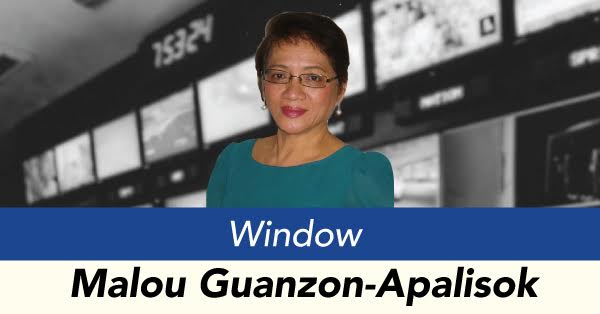
When Pope Francis told Filipinos to “Continue to be smugglers of the faith” at the end of the Simbang Gabi mass in St. Peter’s Basilica in Rome, the message resonated not just among Filipinos residing or temporarily working in Italy (roughly 108,000 according to reports) but to more than 10 million Filipinos spread practically in all corners of the globe.
The Filipino diaspora, according to Atty. Ted Laguatan, Filipino immigration lawyer based in San Francisco, California dates back to 1972 when the late strongman Ferdinand Marcos placed the country under martial law. Many wanted to escape from political persecution and sought opportunities mostly in the US, Hong Kong and the Middle East.
Forty seven years later, the desire to look for a better life in foreign shores continues to remain an option.
The World Bank has pegged poverty incidence for 2019 at 20.8 percent and although this is much lower compared to the period from 2015 to 2018, poverty is still a trigger for Filipino migration to foreign lands. Moreover, Filipino professionals and skilled workers are in demand abroad. This is because Filipinos in the first wave of diaspora have built a solid track record of hard work, trustworthiness and resilience or the ability to adjust well to different cultures, climates and adversities.
Last week, GMA 7’s news and public affairs anchor Jessica Soho took her followers to a virtual tour of the Faroe archipelago located between Iceland and Norway. It is a group of islands that belongs to Denmark but has an autonomous government. With a population of only 50,000 it was a surprise to find 200 Filipino women residing and working in a faraway land where 16 degrees celsius is considered fine weather. They have not only found gainful occupation in fish factories but also kind and loving Farouse husbands.
The idea of smuggling the faith in Faroe, a Christian country where close to 80 per cent of the population are Lutherans belonging to the state church does not quite fit the scenario of a workplace where Catholics are under strong pressure to practice their faith incognito but I think that as Ms. Soho listened to the stories of OFWs in the windswept country, faith had been smuggled in the most unexpected way.
A Filipina told the news anchor that when she arrived in the Faroese capital 20 years ago, she put up Christmas symbols and decorations in her house following her family tradition in the Philippines. After sometime, neighbors and other people followed suit and today the practice is alive and well among many homes in Faroe.
Still, the Holy Father’s depiction of Filipinos as the new Irish of the Catholic Church, that is, devout people abroad who enliven Sunday masses with their attendance and deep faith, there is also the problem of OFWs who are slowly falling away from the Church because of loneliness, family problems and financial difficulties.
In Hong Kong where some 250,000 Filipinos mostly women employed as nannies, caregivers and domestic helpers, the idea of smuggling the faith would not be as urgent as the mission of “rescuing” OFWs who have become nominal Catholics after settling comfortably in the area.
This was the impetus that prompted Nonito “Tatay Dodong” Limchua to launch a charismatic outreach program in the erstwhile Crown colony two years ago. Tatay Dodong leads the Oasis of Love Community who regularly conducts a renewal program for both clergy and lay people in the Visayas and Mindanao.
In 2017, he proposed to bring the program to Hong Kong to Cebu Archbishop Jose S. Palma who immediately gave it his imprimatur. The clergy in Hongkong which is beset by the burden of tending over to the spiritual needs of a quarter of a million OFWs were only too happy to welcome the modern day apostles from Cebu.
The Catholic renewal program in Hong Kong spearheaded by the Oasis of Love Community invites OFWs to a three-day seminar called “Walking with Jesus.” According to Tatay Dodong, they have conducted at least 10 classes to more than a thousand participants over the last 2 years. Many who took the program later on became sharers of faith-based experiences in succeeding WJS seminars in Hong Kong.
As they grow in faith, the idea of “smuggling”or sharing the faith with others through the witness of their lives becomes a distinct possibility.